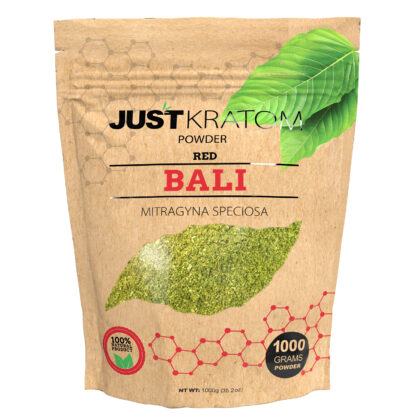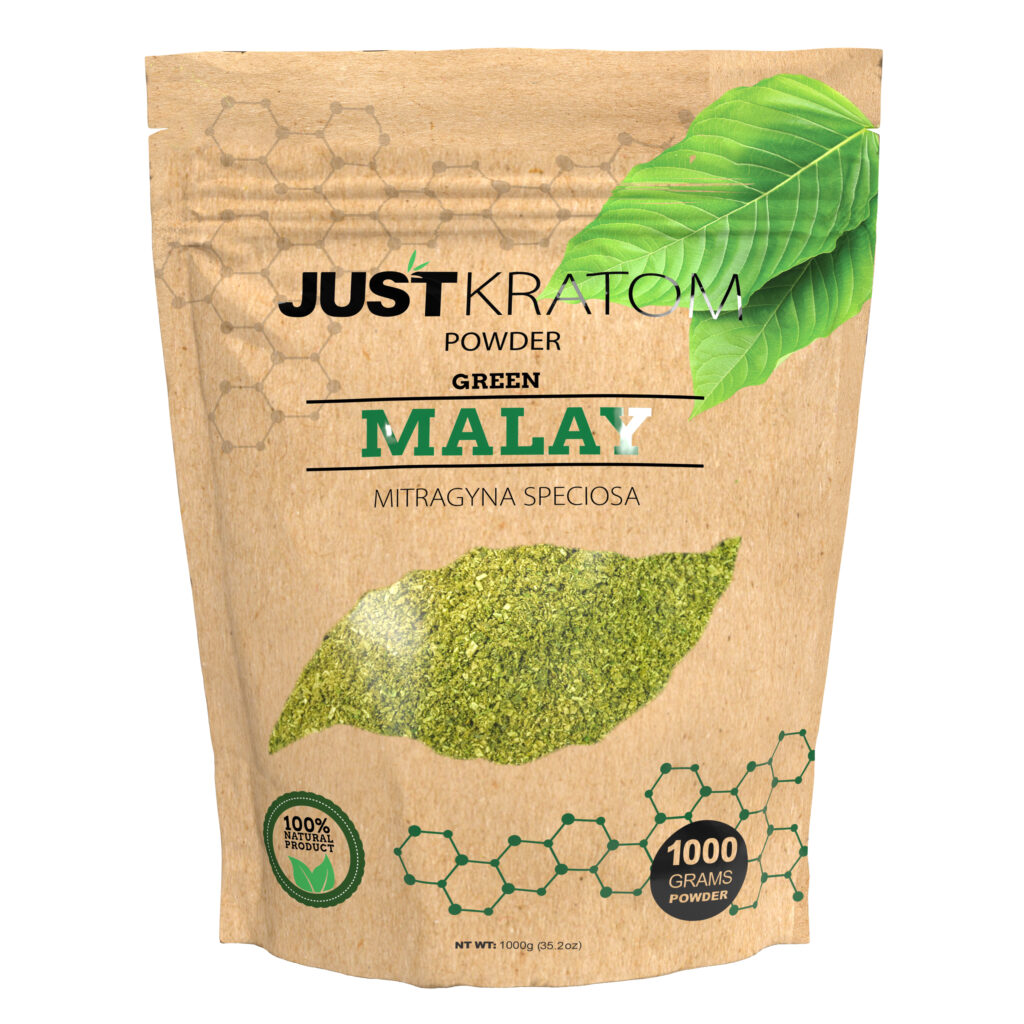Common Side Effects
Kratom, an herb native to Southeast Asia, has gained popularity in recent years for its potential medicinal properties and euphoric effects. However, like any substance, kratom can cause side effects in some individuals. Understanding these potential adverse reactions is crucial for anyone considering using kratom.

Gastrointestinal Issues
Gastrointestinal issues are among the most common side effects of taking kratom powder. These effects can range from mild discomfort to more severe symptoms. Nausea, vomiting, diarrhea, constipation, and abdominal pain are all potential gastrointestinal side effects associated with kratom use.
The severity of these gastrointestinal issues can vary depending on the dosage, individual sensitivity, and method of consumption. It’s important to start with a low dose and gradually increase it as needed while monitoring for any adverse reactions.
Headaches and Dizziness
Headaches and dizziness are also commonly reported side effects of kratom use. These effects are often mild and temporary, but they can be bothersome for some individuals. They may occur as a result of kratom’s interaction with the body’s neurotransmitters or its potential to cause blood vessel dilation.
Similar to gastrointestinal issues, the intensity of headaches and dizziness can vary based on dosage and individual response. If you experience these side effects, it is recommended to reduce your dose or temporarily discontinue kratom use.
Nausea and Vomiting
Other potential side effects of kratom include changes in appetite, sleep disturbances, itching, and dry mouth. Some individuals may also experience muscle aches, sweating, and increased heart rate.
It’s important to note that these are just some of the possible side effects associated with kratom use. Not everyone who uses kratom will experience these adverse reactions, and the severity of side effects can vary widely from person to person.
Increased Heart Rate
Increased heart rate is a potential side effect of kratom consumption. This can be due to kratom’s stimulatory properties, which affect the autonomic nervous system.
If you notice an increase in your heart rate after taking kratom, it’s important to monitor your body closely and consider reducing your dosage or temporarily ceasing use. Consult with a healthcare professional if you have concerns about your heart rate or any other side effects.
Serious Side Effects (Rare but Possible)
While generally considered safe for short-term use, kratom can produce serious side effects in some individuals, although these are rare. It’s crucial to be aware of these potential risks before using kratom.

Liver Damage
Serious side effects from kratom use are uncommon but possible and should be taken seriously. Liver damage is a rare but potentially life-threatening adverse reaction that can occur with kratom consumption, particularly with prolonged or high-dose use. Symptoms of liver damage may include jaundice (yellowing of the skin or eyes), abdominal pain, fatigue, loss of appetite, and dark urine.
If you experience any of these symptoms after using kratom, it’s essential to seek immediate medical attention. Early detection and treatment are crucial for mitigating potential liver damage.
Kidney Problems
Kidney problems are another rare but serious potential side effect of kratom use. Long-term or excessive kratom consumption may put strain on the kidneys, potentially leading to kidney damage.
Symptoms of kidney problems can include changes in urine output, swelling in the legs or ankles, fatigue, and nausea. If you experience any of these symptoms while using kratom, it is important to consult a doctor immediately.
Respiratory Depression
Respiratory depression is a rare but serious side effect that can occur with kratom use. This condition involves a slowing down of the breathing rate, which can lead to oxygen deprivation and even death.
Symptoms of respiratory depression include shallow breathing, slow breathing rate, confusion, drowsiness, and bluish skin color (cyanosis). If you experience any of these symptoms after taking kratom, seek immediate medical attention.
Addiction and Withdrawal
Kratom use can lead to addiction and withdrawal, though the risk may vary depending on dosage, frequency of use, and individual factors.
Addiction develops when repeated use of a substance alters the brain’s chemistry, leading to cravings and difficulty controlling intake despite negative consequences. While kratom’s addictive potential is not as well-studied as other substances, reports suggest that dependence can occur with prolonged or frequent use.
Withdrawal symptoms can occur when someone who has become dependent on kratom suddenly stops using it. These symptoms typically include fatigue, muscle aches, nausea, diarrhea, irritability, anxiety, and depression. In severe cases, withdrawal can be quite uncomfortable and may require medical supervision.
Interactions with Medications
Kratom, while gaining popularity for its perceived medicinal benefits and euphoric effects, is not without potential risks. Understanding the possible side effects associated with kratom powder consumption is crucial for anyone considering its use. These side effects can range from mild gastrointestinal discomfort to more serious issues such as liver damage or respiratory depression.
Opioid Interactions
Opioids are a class of drugs that interact significantly with kratom. Opioid medications, including painkillers like oxycodone and hydrocodone, have similar effects on the body’s opioid receptors as kratom. When taken together, these substances can amplify each other’s effects, leading to potentially dangerous consequences.
This interaction can result in increased sedation, slowed breathing (respiratory depression), and an elevated risk of overdose. It is crucial to avoid mixing kratom with opioids or any other drugs that depress the central nervous system.
Blood Thinners
Interactions with medications are a crucial consideration when using kratom. Blood thinners, such as warfarin and heparin, can be particularly concerning when combined with kratom. Kratom may influence blood clotting pathways, potentially increasing the risk of bleeding complications when used alongside these medications.
It’s essential to consult with a healthcare professional before using kratom if you are taking any blood thinners or other medications that affect blood clotting. They can provide personalized guidance on potential interactions and help determine whether kratom use is safe in your specific situation.
Other Potential Interactions
Interactions with medications, particularly those affecting the central nervous system, liver function, or blood clotting, are important considerations when using kratom.
It’s crucial to consult with a healthcare professional before combining kratom with any medications to minimize potential risks.
Precautions and Recommendations
Before considering kratom use, it’s essential to be aware of the potential side effects and precautions associated with this substance. Understanding these risks can help individuals make informed decisions about their health and well-being.
Dosage Guidelines
Kratom users should start with a low dose and gradually increase it as needed while monitoring for any adverse reactions. The severity of gastrointestinal issues can vary depending on the dosage, individual sensitivity, and method of consumption.
If you experience headaches or dizziness after taking kratom, it is recommended to reduce your dose or temporarily discontinue kratom use.
It’s important to consult with a healthcare professional if you have concerns about your heart rate or any other side effects.
If you experience any symptoms of liver damage after using kratom, seek immediate medical attention. Early detection and treatment are crucial for mitigating potential liver damage.
If you experience any symptoms of kidney problems while using kratom, it is important to consult a doctor immediately.
If you experience any symptoms of respiratory depression after taking kratom, seek immediate medical attention.
Contraindications
Kratom, an herb native to Southeast Asia, has gained popularity in recent years for its potential medicinal properties and euphoric effects. However, like any substance, kratom can cause side effects in some individuals. Understanding these potential adverse reactions is crucial for anyone considering using kratom.
- Gastrointestinal issues are among the most common side effects of taking kratom powder. These effects can range from mild discomfort to more severe symptoms. Nausea, vomiting, diarrhea, constipation, and abdominal pain are all potential gastrointestinal side effects associated with kratom use.
- Headaches and dizziness are also commonly reported side effects of kratom use.
- Other potential side effects of kratom include changes in appetite, sleep disturbances, itching, and dry mouth. Some individuals may also experience muscle aches, sweating, and increased heart rate.
- Kratom use can lead to addiction and withdrawal, although the risk may vary depending on dosage, frequency of use, and individual factors.
Serious side effects from kratom use are uncommon but possible and should be taken seriously. Liver damage is a rare but potentially life-threatening adverse reaction that can occur with kratom consumption, particularly with prolonged or high-dose use.
Kidney problems are another rare but serious potential side effect of kratom use. Long-term or excessive kratom consumption may put strain on the kidneys, potentially leading to kidney damage.
Respiratory depression is a rare but serious side effect that can occur with kratom use.
Opioids are a class of drugs that interact significantly with kratom. It is crucial to avoid mixing kratom with opioids or any other drugs that depress the central nervous system.
Interactions with medications, particularly those affecting the central nervous system, liver function, or blood clotting, are important considerations when using kratom.
Before considering kratom use, it’s essential to be aware of the potential side effects and precautions associated with this substance. Understanding these risks can help individuals make informed decisions about their health and well-being.
Long-Term Use Risks
Long-term use of kratom carries potential risks that should be carefully considered. While short-term use is generally considered safer, prolonged or excessive consumption can lead to a variety of adverse effects.
One significant concern is the potential for liver damage. Kratom’s impact on liver function is not fully understood, but studies suggest a possible link between long-term use and liver injury. It’s crucial to monitor liver function regularly if you use kratom for extended periods.
Kidney problems are another risk associated with prolonged kratom use. The kidneys play a vital role in filtering waste products from the body, and excessive kratom consumption may put strain on these organs over time.
Respiratory depression is a serious potential side effect that can occur with kratom use, particularly when used in combination with other substances that depress the central nervous system, such as opioids. This condition involves slowed breathing, which can be life-threatening if untreated.
Addiction and withdrawal are also possible risks associated with long-term kratom use. While not everyone who uses kratom becomes addicted, prolonged or frequent use can lead to dependence, making it difficult to stop using the substance without experiencing withdrawal symptoms.
Withdrawal from kratom can be uncomfortable and may involve symptoms such as fatigue, muscle aches, nausea, diarrhea, irritability, anxiety, and depression.
It’s important to remember that these are just some of the potential risks associated with long-term kratom use. The severity of side effects can vary depending on individual factors, dosage, and frequency of use. If you have any concerns about using kratom or experience any adverse effects, it’s essential to consult with a healthcare professional.
Shop Kratom Powder to improve well-being
- The Benefits Of CBD Infused Gummies For Chronic Pain - December 1, 2025
- Skin Treatment & Skincare Consultations Near Great Bookham, Surrey - November 25, 2025
- Skin Pen Microneedling Near Dormansland, Surrey - November 22, 2025
